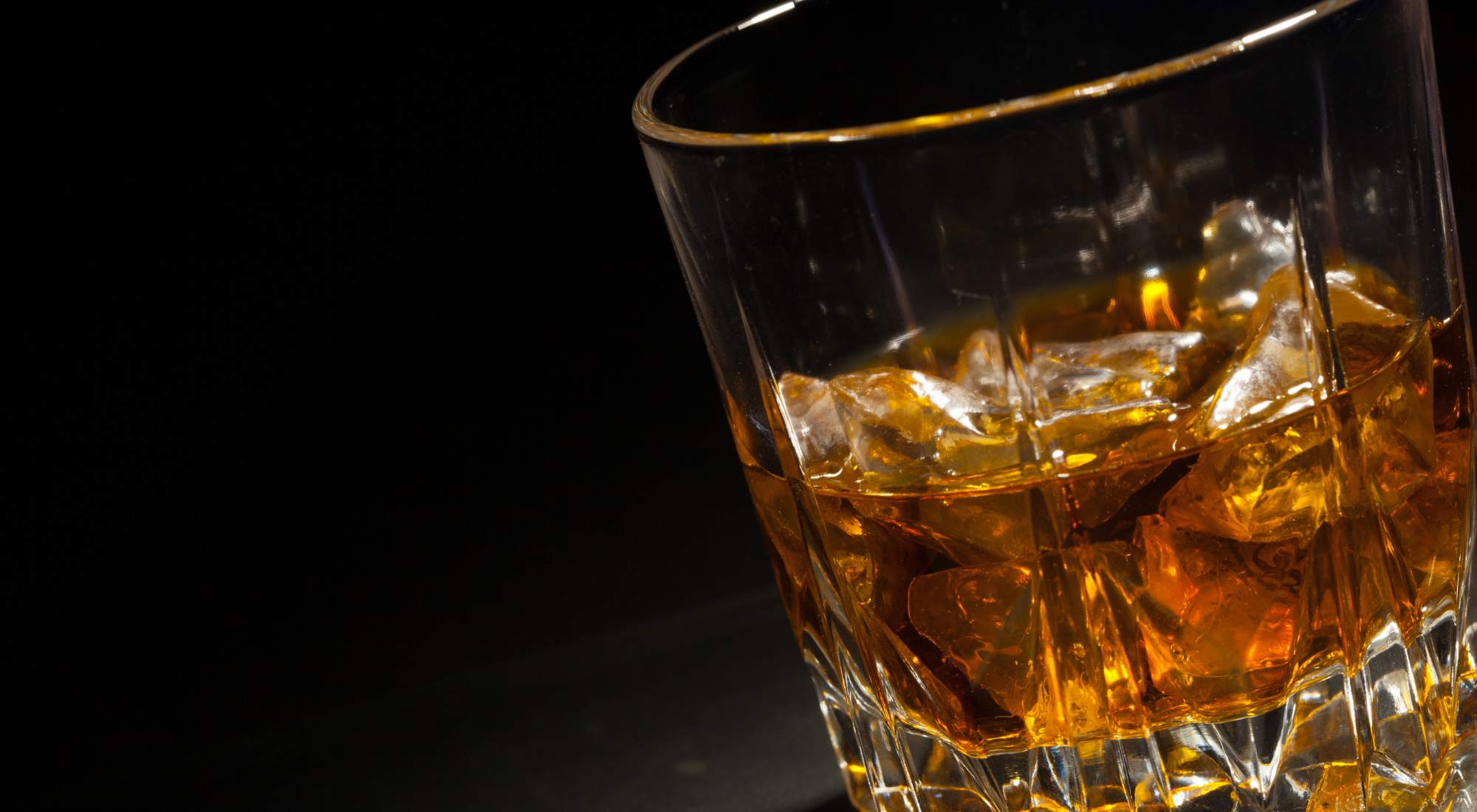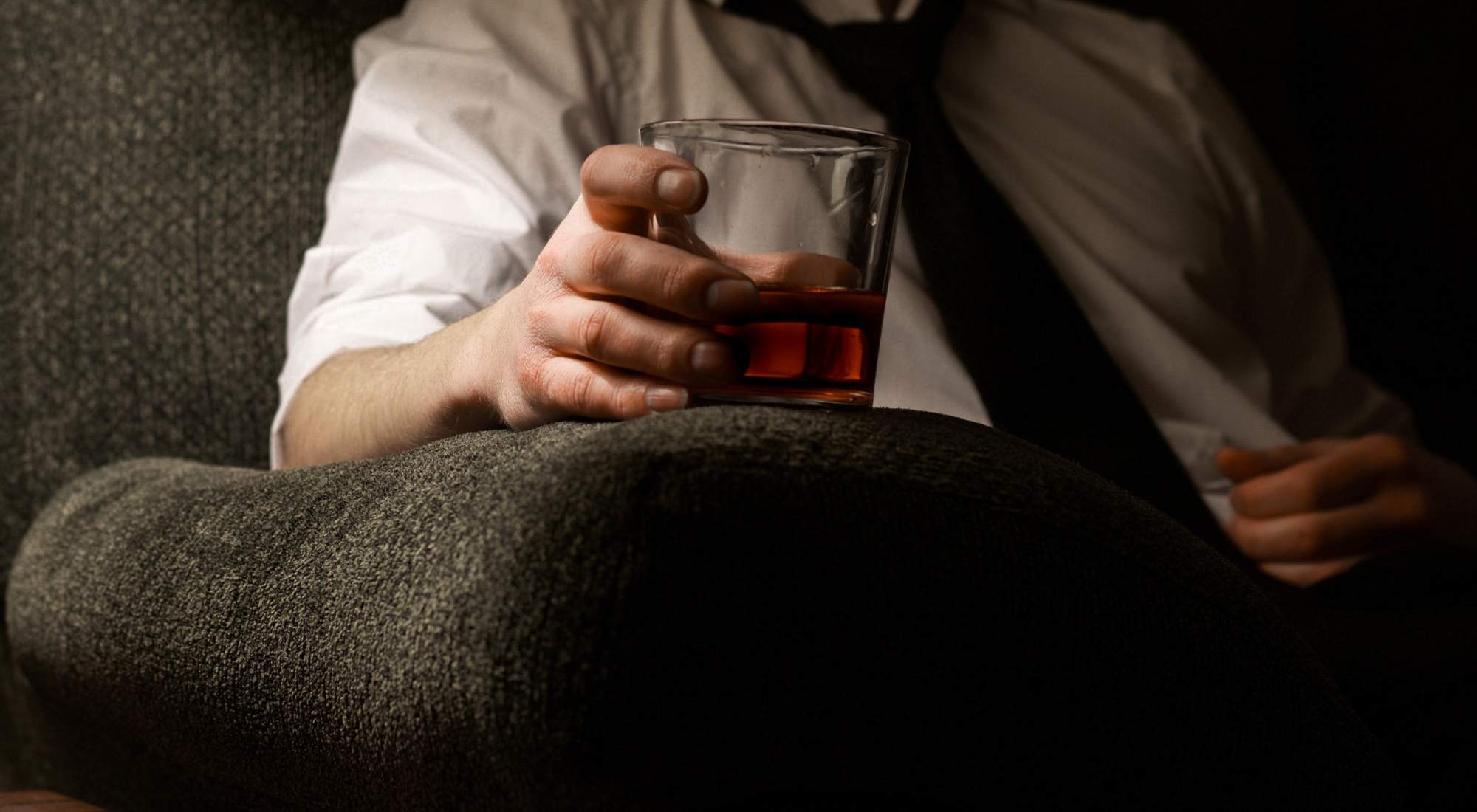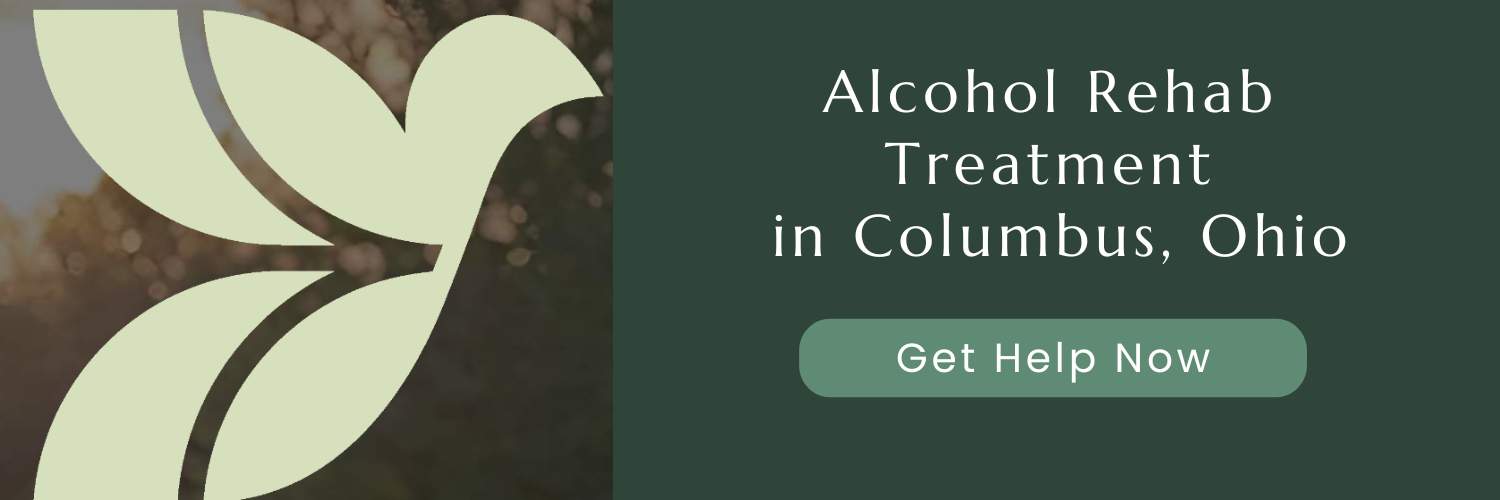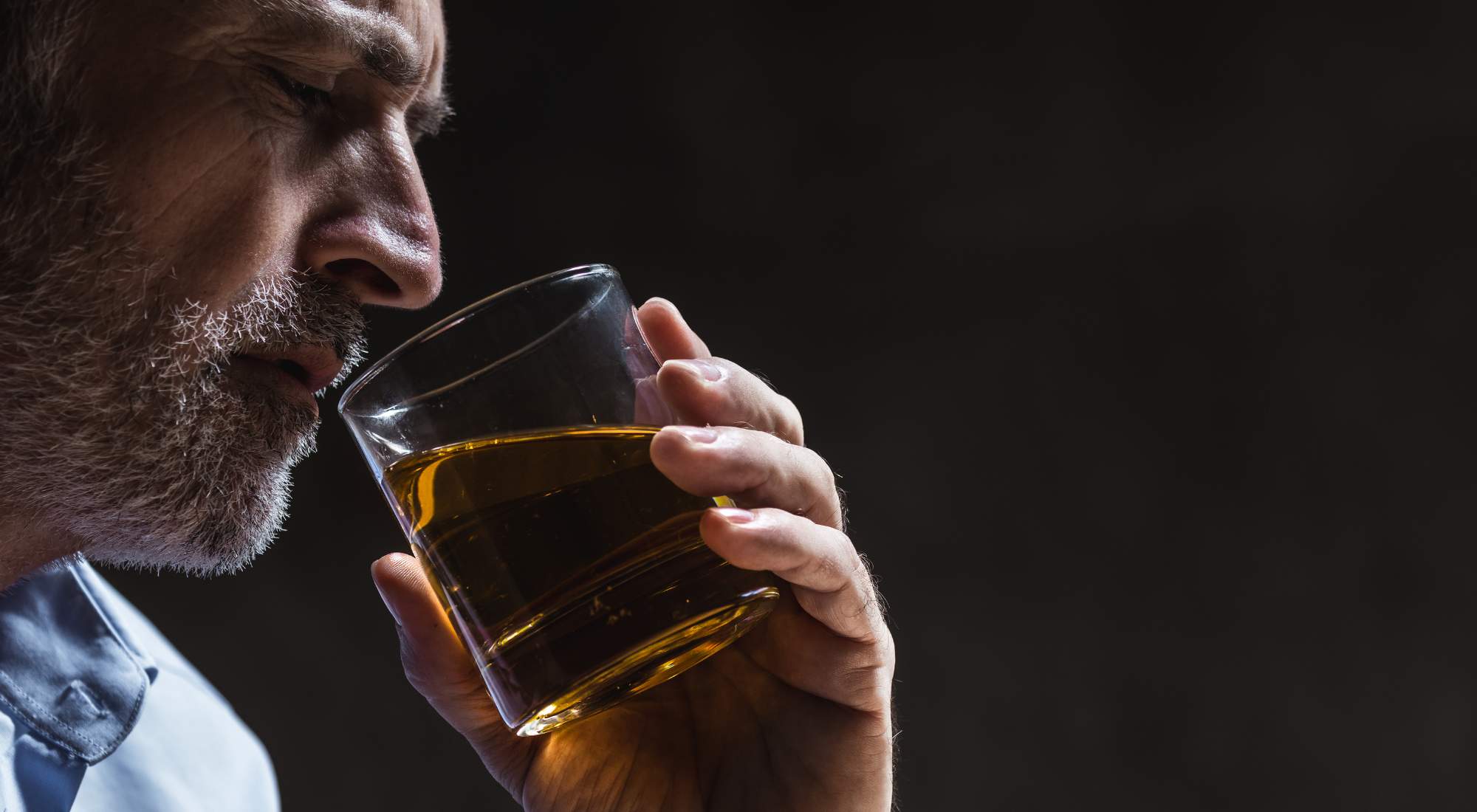Why Do People Become Addicted to Alcohol? Understanding the Physical and Psychological Factors of Alcohol Addiction

You’ve heard of the dangers of alcohol since you were a kid — Don’t drink too much. Don’t drink too often. Don’t become an alcoholic. Yet, when you got old enough to drink, you did. You partied and drank and blacked out like everyone else. Now, you can’t stop. Nothing feels right in your life unless you drink. None of your friends became addicts, yet here you are.
So why do some people become addicted to alcohol and not others?
In the article, we will explore the reasons why and explain how seeking help from trusted professionals can help you achieve recovery.
Table of Contents
- How Do Most People Get Addicted to Alcohol?
- Factors Affecting Alcohol Addiction
- Alcohol Addiction Symptoms and Knowing When To Ask for Help
- Dove Recovery Understands Alcohol Addiction, and We Are Here To Help

Most people get addicted to alcohol by drinking alcohol. More specifically, drinking too much alcohol. Excess alcohol use changes the brain’s ability to experience pleasure, exercise judgment, and control impulses. Once the brain’s chemistry changes, it can be difficult to reverse, which leads to addiction.
At Dove Recovery, we specialize in alcohol addiction treatment and help you understand your relationship with alcohol so you can overcome the unhealthy habits that have contributed to your alcohol addiction.

There is no one cause of alcoholism. One drink does not make someone an addict. In fact, many people consume an excess of alcohol and never experience addiction.
Why is this the case? Many physical and psychological risk factors contribute to alcohol addiction.
Physical Factors
Alcohol releases more dopamine and endorphins into the brain than normal. This induces that heady, happy, carefree feeling of being drunk. For some people, their brains release more of these chemicals and neurotransmitters than average, making the experience that much better for them.
This overloads the pleasure centers of the brain, altering the way people experience their feelings. Once the alcohol is out of your system, your brain craves that high again, which leads to seeking it out again and again until the brain can’t experience that kind of pleasure without alcohol.
The Brain and Alcohol Use Disorder
The brain craves dopamine because it is a natural part of the brain's chemistry. It aids in things like cognitive function, memory, and body movement. Dopamine rewards you for completing tasks and doing things like exercising by releasing into your brain and creating a sense of joy or accomplishment.
But for many, alcohol provides a sort of cheat code to dopamine. It is the easy way in — especially if their brains don’t produce as much dopamine as they should. Once the brain has experienced that kind of overload to its pleasure centers, how it experiences dopamine changes. Over time, this leads to a higher tolerance and changes the brain's ability to experience pleasure.
3 Stages of the Alcohol Addiction Cycle
Alcoholism doesn’t happen overnight. Instead, the more you drink, the higher your chances of becoming addicted to alcohol become.
Let’s break down the cycle that leads to alcohol addiction.
Stage 1: Intoxication Stage
First, you get drunk. You’re having fun with your friends and everyone is drinking. Dopamine floods your brain, releasing all the pent-up tension you’ve been carrying around. You are really happy — maybe even the happiest you’ve ever been before. This is the intoxication stage, also known as “the fun part”. It is the stage that motivates you to come back to alcohol again and again.
Stage 2: Withdrawal Stage
Being hungover is not fun. As wonderful as you felt the night before, now you feel just as awful the next day. Your head hurts, you are nauseous, and all that joy is gone. Now in its place, you feel hollow, like you won’t feel happy ever again. This is the withdrawal stage and it’s the polar opposite of the intoxication stage. This stage either discourages excess alcohol use or encourages addiction. More often than not, however, it encourages addiction.
Stage 3: Anticipation Stage
It’s been a couple of days — maybe even less — and you want more alcohol. Scratch that, you need more alcohol. You remember how awesome it felt to be drunk. You could do anything and be anyone. Your brain is consumed with thoughts of the next time you can drink. You tell yourself a beer or two midweek won’t hurt anyone, and so, you seek it out again. You get drunk again and the cycle continues until the only way you feel anything at all is if you’re drunk.
Psychological Factors
While alcohol has addictive effects on its own, there are also psychological issues related to alcohol addiction. Addicts often struggle with mental health issues like depression, anxiety, and PTSD. Alcohol is an easy coping mechanism for people who already have mental illnesses that disrupt their lives. This is referred to as self-medication. It is an unhealthy coping mechanism that leads to addiction.
Other Risk Factors
External and internal factors are the most prominent contributors to alcohol addiction, but they are not the only ones. Many people with mental illnesses don’t struggle with addiction, but when paired with one or more other risk factors, it is far more likely that they will become addicts.
These risk factors include:
- Personality – Some personalities are more addictive than others. Thrill seekers, for example, have a higher chance of developing alcoholism.
- Genetics – Many studies have shown that genetics plays a major role in alcohol addiction. If someone has a close relative who is an alcoholic, their chances of becoming an alcoholic are much higher. Alcoholism isn’t caused by a single gene, however, and the genetics of alcoholism still aren’t fully understood.
- Environment – A person’s environment plays a role in the habits they form. If someone hangs out with heavy drinkers, they are more likely to drink heavily.
- Family – Beyond genetics, family also plays a part in a person’s addiction. If someone grows up in a home with an alcoholic parent, or in a home where heavy drinking is normalized, they are more likely to become addicts as adults.

Asking for help should never be a last resort. If you believe that you are struggling with alcoholism, reaching out to trusted friends or professionals is important. Dove Recovery can be that trusted professional for you.
Learn to recognize these common symptoms of alcoholism to know when it might be time to find help:
- Increased tolerance and cravings for alcohol – Do you find that you need to drink more and more to feel better? Do you want alcohol more often?
- Drinking more than intended – How many times have one or two drinks turned into getting blackout drunk?
- Using alcohol to deal with difficult life circumstances – Do you reach for alcohol when negative thoughts come up or stressful experiences happen?
- Difficulty quitting drinking – How many times have you said you’d stop?

One of the biggest lies of addiction is that no one understands. Addiction is still so heavily stigmatized and can alienate addicts from the help they need.
Thankfully, Dove Recovery is here to help you. We understand that you are more than your addiction and we want to be your guide on the road to recovery. We offer therapy, detox, and a variety of outpatient programs as well as partial hospitalization treatment in Columbus, Ohio. Our programs vary in price depending on your needs.
No matter how many times you’ve relapsed, or how long you’ve been struggling, we are here to support you. Contact us today to learn more.

